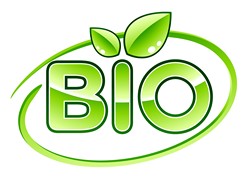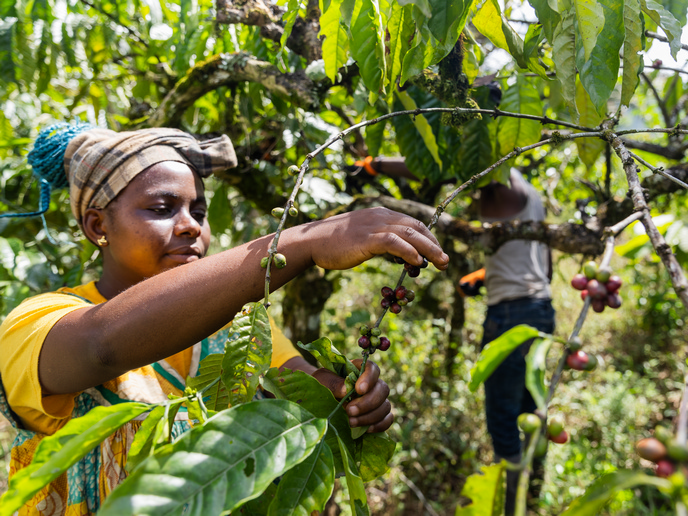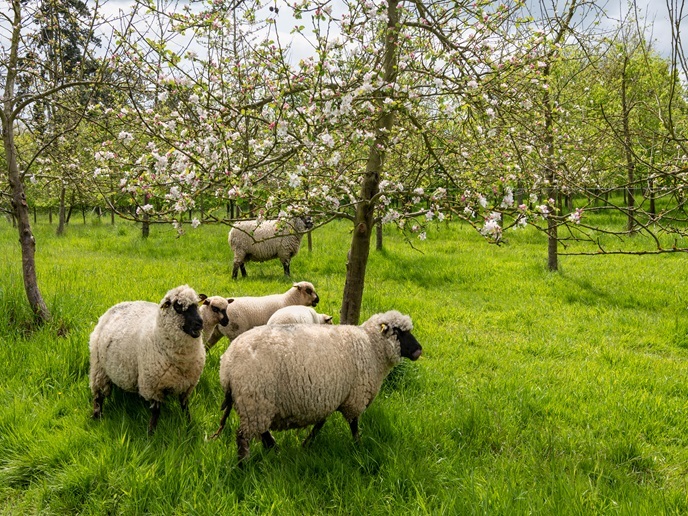Better collaboration for biological innovation
In recent years, scientists have made enormous progress in turning biological materials into industrial products. An economy that includes products like biofuels, bioplastics, vaccines, hormones and drugs made from living biological resources is called a bio-based economy. Discovering ways to convert biological resources to energy, chemicals and materials requires a system that supports scientific innovation and collaboration. While sharing ideas and pooling resources would boost innovation, the current global trend towards regulating and protecting who owns biological resources impedes progress. The EU-funded ISCOBRA (Global challenges and bio-based economy: Assessing institutional structures, constraints and outcomes of bio-based research in agriculture (ISCOBRA)) initiative looked at how institutional and regional policies impact scientists' access to biological materials, and how this affects international scientific collaboration. By better understanding current arrangements between institutions and scientists researching biodiversity-based agriculture, ISCOBRA hoped to improve the global flow of biological materials and ideas. Researchers developed an analytical framework for complex global collaboration involving people and resources spread over large distances, and for regulations to govern biological materials exchange. Results were tested using data from a national survey examining how scientists exchange and use microbial, livestock, aquatic and insect materials. Having found that relationships in collaborations involving different personnel, resources, capacities, knowledge and agendas are unstable, ISCOBRA looked at mechanisms to build trust. Case studies of selected global research projects also revealed strengths and weaknesses of various arrangements to exchange materials and share data. From these results, researchers identified key areas in which collaborations within complex global initiatives could be better managed. This will help to inform policies currently being implemented in Europe that may affect scientists' capacity to acquire new materials for their research.







